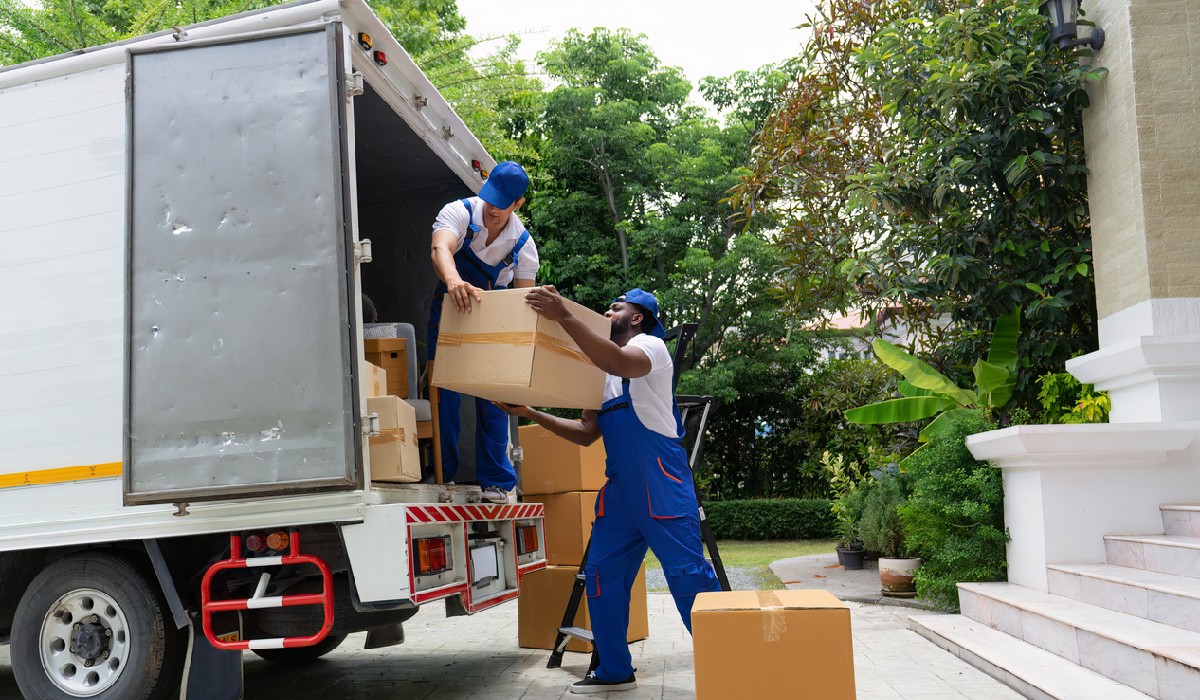When it comes to relocating, whether it’s across the street or across the country, finding the right moving service can make all the difference. The right choice not only ensures a smooth transition but also helps avoid potential stress and mishaps. Here’s a comprehensive guide to understanding and selecting the perfect moving quotes NYC for your needs.
1. Types of Moving Services
a. Local Moving Services
For short-distance moves within the same city or region, local moving services are your go-to. These companies specialize in handling the logistics of local relocations, often offering services like packing, loading, unloading, and unpacking.
b. Long-Distance Moving Services
When moving across state lines or to a distant location, long-distance moving services come into play. These movers are equipped to handle the complexities of interstate logistics, including adhering to state regulations and ensuring your belongings are safely transported over long distances.
c. International Moving Services
For moves that cross international borders, international moving services are essential. These companies handle the additional complexities of customs, tariffs, and international shipping regulations, ensuring a seamless move to your new country.
d. Specialized Moving Services
If you have unique items like antiques, pianos, or artwork, specialized moving services can cater to these needs. They offer custom packing and handling solutions to ensure these valuables are transported safely.
2. Choosing the Right Moving Service
a. Determine Your Needs
Before choosing a moving service, assess your specific needs. Are you moving locally or internationally? Do you have specialty items that require extra care? Understanding your requirements will help narrow down your options.
b. Research and Compare Companies
Take the time to research various moving companies. Look for reviews and ratings on platforms like Google and Yelp. Compare services, pricing, and insurance options. Make sure the companies you’re considering have a good track record and are properly licensed and insured.
c. Request Quotes
Obtain quotes from several moving companies. This can be done through online forms, phone calls, or in-person consultations. Ensure that the quotes are detailed and include all potential costs to avoid surprises on moving day.
d. Check for Licensing and Insurance
Ensure that the moving company is licensed and insured. For interstate moves, the Federal Motor Carrier Safety Administration (FMCSA) regulates movers, and their registration number should be readily available. Insurance coverage is crucial to protect your belongings in case of damage or loss.
e. Read the Fine Print
Carefully review the moving company’s contract and terms of service. Pay attention to the details, including cancellation policies, additional fees, and the scope of services provided. A thorough understanding of the contract can prevent misunderstandings and disputes.
3. Packing and Preparation
a. Packing Services
Many moving companies offer packing services to help you prepare your belongings for the move. Professional packers can ensure that your items are packed securely and efficiently, reducing the risk of damage during transit.
b. DIY Packing Tips
If you prefer to pack yourself, start early and use high-quality packing materials. Label boxes clearly and pack items by category to make unpacking easier. Protect fragile items with bubble wrap or packing paper and disassemble large furniture to save space.
4. During the Move
a. Communication
Stay in touch with your moving company throughout the process. Confirm details like the moving date, time, and any special instructions. Good communication can help ensure that the move goes smoothly and any last-minute issues are addressed promptly.
b. Supervision
Be present on moving day to oversee the process. This allows you to address any questions or concerns that arise and ensures that your belongings are handled according to your instructions.
